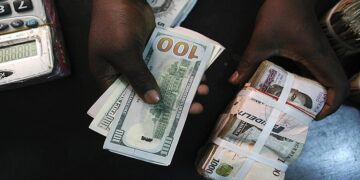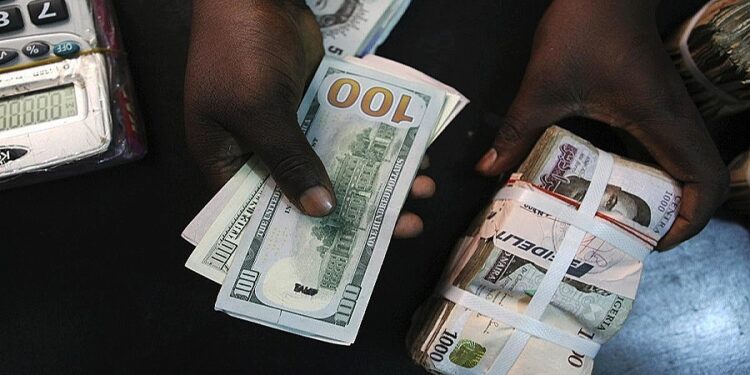By John Ikani
Nigeria’s naira has depreciated for the ninth consecutive day against the dollar, positioning it as the worst-performing currency in the first half of the year.
Contributing factors include a sharp devaluation, insufficient dollar supply, and market volatility, which have undermined efforts to stabilize the currency.
The naira fell 0.2% to 1,510 per dollar by Thursday’s close, as per FMDQ data compiled by Bloomberg. This marks the longest losing streak since July 2017, resulting in a 40% depreciation since January.
The naira has fared worse than all global currencies tracked by Bloomberg, except for Lebanon’s pound, which is suffering from an economic crisis and increasing dollarization.
“While the naira is undervalued and has seen significant adjustment, the supply of dollars needs to improve for the currency to be supported,” Samir Gadio, head of Africa strategy at Standard Chartered Bank Plc in London, said by email.
“Portfolio inflows have yet to pick up, even amid still-attractive local rates.”
Nigeria has long grappled with severe foreign-exchange shortages and instability due to reduced oil production and a lack of economic diversification.
The currency has lost approximately 70% of its value against the dollar since June 2023, when President Bola Tinubu’s administration implemented policy changes aimed at attracting inflows to boost the economy.
Between mid-April and May, the naira experienced volatility due to a mismatch between the demand for and supply of dollars. This volatility lessened in June with improved dollar inflows.
Central bank Governor, Olayemi Cardoso, announced this week that the bank believes the currency’s volatility may have subsided and intends to enhance investor confidence.
Since his appointment in September, he has raised interest rates by 750 basis points to 26.25%, resolved a foreign-exchange backlog, and secured multilateral dollar inflows to support the currency.
In addition to the naira, Egypt’s pound and Ghana’s cedi also ranked among the world’s worst-performing currencies in the first half of the year.
“Adjustment and rebalancing in 2024 after years of a heavily managed and misaligned currency regime,” account for the currencies weakening, Gadio said. For the naira, “what will matter going forward is whether it can stabilize on improving foreign-exchange inflows and perhaps see some appreciation,” he said.




































